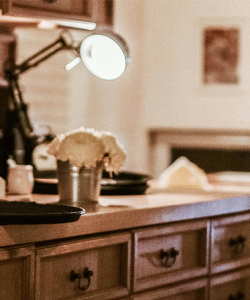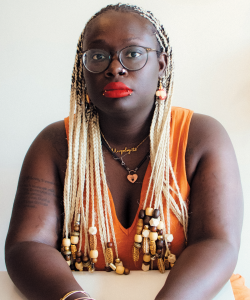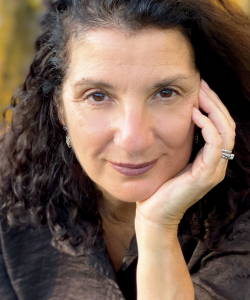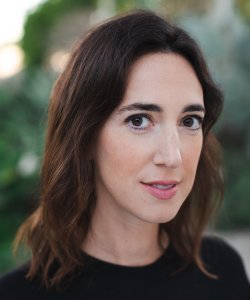Threads, Thrumming: A Profile of Kevin Wilson

In his fifth novel, Run for the Hills, Kevin Wilson returns to a theme that flows through much of his work: the threads that connect us to other people, even if we’ve never met them before.
Jump to navigation Skip to content

In his fifth novel, Run for the Hills, Kevin Wilson returns to a theme that flows through much of his work: the threads that connect us to other people, even if we’ve never met them before.

“I was playing, trying to make something I liked, something no one else had already made for me.” —Rachel Trousdale, author of Five-Paragraph Essay on the Body-Mind Problem

“Because the flip side of uncertainty is an invitation into mystery. And the reward for wading through mystery is transformation.” —Rebe Huntman, author of My Mother in Havana: A Memoir of Magic & Miracle.

Writer and scholar Rebecca Rainof offers advice on writing about family by considering how “pockets of place can convey a larger sense of home.”

Writer and scholar Rebecca Rainof offers advice on how to write about family by considering lessons learned over a lifetime.

Writer and scholar Rebecca Rainof offers advice on how to write about family by imagining fictive dialogues.

The author of the debut poetry collection Good Dress highlights a thoughtful selection of literary journals that helped shepherd her poems into the world, including Underbelly and Hopkins Review.

Before the author of Barnflower was a writer, she was a farm kid. The memoirist shares moments from her book tour, which included meeting cows and visiting corn mazes alongside reading at local bookstores and reconnecting with friends.

“That I’ve never expected this work to be fast or easy is a priceless gift, my saving grace.” —Bret Anthony Johnston, author of We Burn Daylight

“I think the arc of writing a poem is similar to the experience of ascending and descending physical terrain.” —Callie Siskel, author of Two Minds